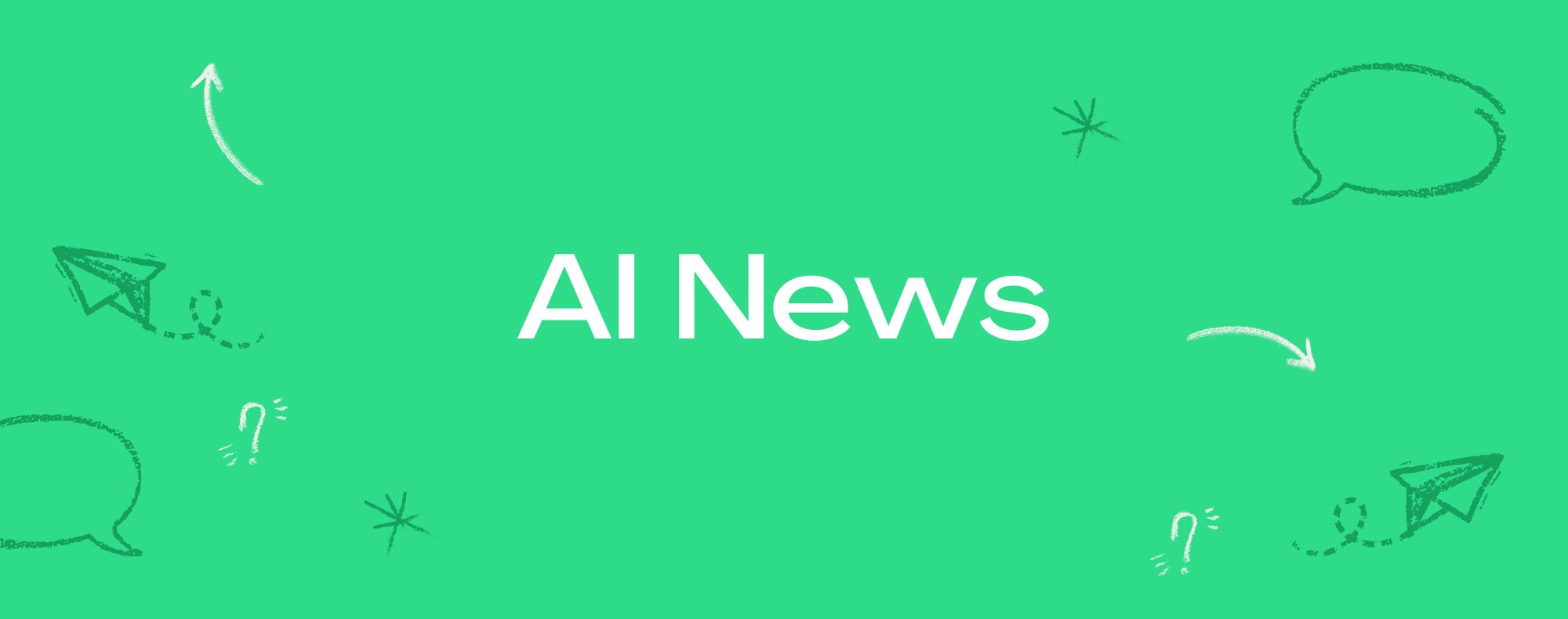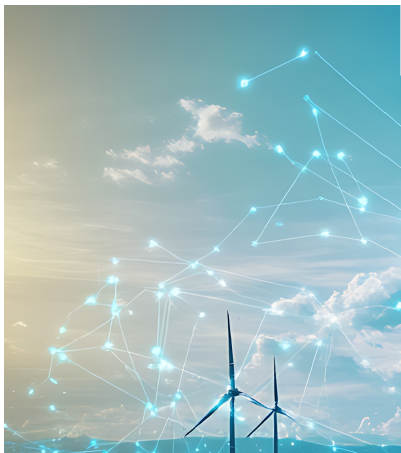
The release of ChatGPT in late 2022, followed by a deluge of similar generative AI programs, raised questions about how existing intellectual property laws will apply to the new technology.
Courts around the world are busy hearing cases about whether the use of copyrighted data to train these programs violates the law, while patent offices are left trying to determine if–and how–IP protections apply to AI-generated or AI-assisted inventions.
However, there is another option: The world could go with tech billionaire Jack Dorsey’s idea and simply “delete all IP law.”
Dorsey’s brainstorm–likely to have been dismissed as the idle musings of an avid poster–gained traction after it was quickly endorsed by White House advisor Elon Musk, who purchased Twitter from Dorsey and rebranded it as X. While Musk may soon be leaving the White House, he has been notably effective during his tenure at turning social media posts into actual policy.
The idea has other proponents in the tech world. While OpenAI stopped short of urging the government to ditch all intellectual property laws, the company last month asked the Trump administration to relax existing copyright rules to “avoid forfeiting” America’s AI lead to China.
Generative AI programs like ChatGPT are trained on vast amounts of text, images, and video until they can at least somewhat reliably mimic human creativity. As a result, OpenAI is a lightning rod for copyright-related lawsuits.
While the company argues that its training practices are protected by fair use laws, the creators who have sued claim that OpenAI and its peers are illegally using copyrighted work in ways that far exceed the bounds of fair use.
In March, a federal judge allowed a lawsuit by the New York Times against OpenAI to move forward.
But potential copyright violations are not the only area where IP law is struggling to keep up with AI technology and its wide-ranging implications.
Last year, the U.S. Patent and Trademark Office issued guidance stating that AI-assisted inventions are eligible for patents, as long as a “natural person” provided a significant contribution to the invention. While the Trump administration has not moved to repeal that guidance, it did revoke former President Biden’s AI executive order, which prompted the USPTO’s guidance.
Though nothing is certain, it seems that Musk will find it harder to move from social media posts to policy this time. The Constitution directly gives Congress–not the president–the power over patents and copyright “to promote the progress of science and useful arts.”
And there is some bipartisan support for increased IP protections against generative AI. Earlier this month, a group of lawmakers introduced the Nurture Originals, Foster Art, and Keep Entertainment Safe (NO FAKES) Act. The bill would hold companies liable for creating, and platforms liable for hosting, unauthorized AI-generated replicas of someone's voice or likeness.
Though the bill does not increase IP protections for inventions or copyrighted material significantly, it is a sign that–for now–Congress has little to no interest in “deleting all IP law.”

Trade wars:
Top trade wars takeaways:
- Trump’s trade war has created significant uncertainty about the costs of everything from servers to construction materials, potentially harming the growing domestic AI industry.
- While Republican lawmakers are urging Trump to reduce trade limits on chips, he is also considering increasing import tariffs on the technology.
Trump’s trade war casts a shadow on America’s AI boom: The president’s sweeping tariffs risk raising costs and creating uncertainty for U.S. AI companies, making it more expensive to build and operate data centers and threatening America’s competitiveness on the global stage. (Washington Post)

